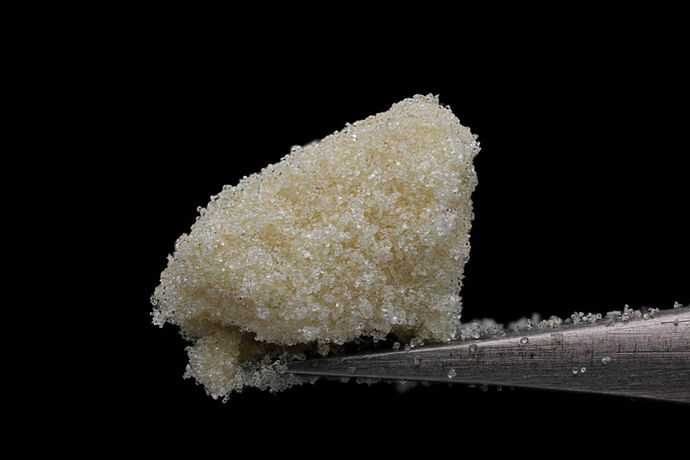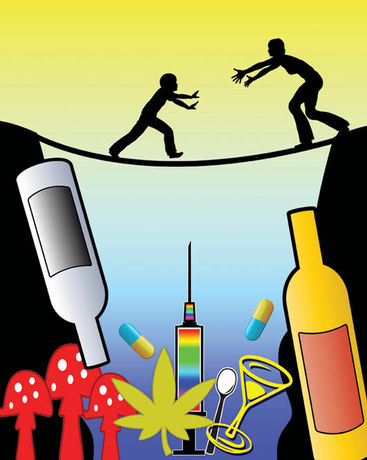Considered a wonder-drug since its origins as the most common anesthetic used by our soldiers on the battlefields of Vietnam, Ketamine has been utilized to save the lives of people and animals for decades – but has also received criticism for its illicit recreational use. As mentioned in The Harvard Health Blog, when it comes to modern-day psychiatric therapy, intravenous Ketamine treatment is the proverbial “new kid on the block” for depression management, and even suicide prevention.
As an M.D. practicing integrative medicine for over 25 years, Dr. Radu Kramer is a nephrologist and internist who began incorporating Ketamine into his practice in 2019. Integrative medicine, or in Radu’s mind, “just medicine,” is considered to be a broader approach to evaluating and treating a person. As he explains, “Physical, genetic, immunologic and psychological elements must be diligently evaluated in order to identify a correct diagnosis. The treatment will focus on the cause of the disease whenever available and will expand to involve the whole person. Mental health disorders alter the balance of the immune system. A less competent immune system does not resist or fight infectious diseases as well, generates inflammation, allows autoimmune conditions to develop, and increases the risk of malignancies.”
As it seems to be with the majority of individuals – not to mention a number of his medical patients, close family members, and Dr. Kramer himself – many suffer from depression and anxiety at times, making a new treatment for these issues an exciting development of paramount significance. “It’s a pleasure talking with you about Ketamine, as it has gained a reputation in the management of treatment-resistant mental health disorders,” said Dr. Kramer. “The intense pain associated with these conditions cannot be appropriately understood by those who have not experienced it. Unfortunately, the current conventional psychiatric therapies, while initially effective, tend to have limited and inconsistent long-term benefits and come with side effects, sometimes difficult to tolerate.”
Here to Help Heal
To better respond to those asking for his help, Dr. Kramer has taken several courses in psychopharmacology, participated in numerous meetings on newer therapeutic modalities in psychiatric disorders, and has attempted to remain current with any significant advances in this field. “When the studies on the effect of Ketamine performed in major universities and hospitals were released, it became clear that its new mechanism of action comes with an advantage in the outcome of those suffering from treatment-resistant depression (TRD), chronic pain, post-traumatic stress disorder (PTSD), obsessive-compulsive disorder (OCD), addictions and chronic migraines,” he said.
For over 20 years, he and his team have been providing intravenous infusions with antioxidants, amino acids, vitamins and glutathione to decrease inflammation and enhance the function of the immune system. Plugging Ketamine into the equation was a turn-key process, but as Dr. Kramer explained, it needed slight modifications. “We prepared the office for Ketamine infusions by creating an environment where patients have additional privacy, and at the same time, can be monitored.”
There are potential life-threatening hazards associated with anesthesia-inducing drugs, which is why it’s important to conduct such infusions with the care of a trained medical doctor in a sterilized environment. Also, this therapy doesn’t always cure everyone’s depression and anxiety, as Dr. Kramer discovered through his own personal trials. In his case, his unpleasant feelings actually increased – but he admits he didn’t follow through with the same protocol he gives to his patients. “My personal experience is a constant reminder that everyone needs an objective guide through the therapy,” he said.
Redefining Ketamine
For the past two years, Dr. Kramer and his team have conducted hundreds of Ketamine infusions for all the conditions previously mentioned. As he explained, “Ketamine is an anesthetic, but when used in subanesthetic doses, works more like a psychedelic substance and has been proven beneficial in several mental health disorders, where conventional treatments were not nearly as effective. The fact that this represents over 50% of patients treated for depression, in the 21st century, is scary.”
While there can be confusion over what to call Ketamine, it is officially classified as a dissociative – still, the inner workings of the substance remain elusive. “The precise mechanisms of action for Ketamine remain unknown,” Dr. Kramer explained. “We understand that it stimulates glutamate, which is a neurotransmitter, meaning that it contributes to the transmission of a nerve impulse – like serotonin, dopamine, GABA and acetylcholine. The most common side effects are drowsiness, nausea, muscle spasms, blurred vision, hallucinations and confusion. Generally these effects resolve spontaneously over a few hours following an infusion.”
At a time when we are being faced with increasing suicide rates, Dr. Kramer specifically noted the Harvard study that showed Ketamine’s ability to treat suicidal levels of depression, highlighting the instantaneous effect of the substance on the patient. “The impact on depression is practically instant, unlike any other treatment, and that is the reason it can change the desire to leave this world due to the enormous pain and hopelessness that often is associated with depression,” he said. “The fact that one can experience painlessness within minutes gives those desiring an end of their sufferance by ending their lives a sense of hope, and their perception actually changes. The initial effect may last from a few hours to a few days. That is why we recommend building up a more predictable response, which requires six infusions over a period of two to three weeks. If the response is positive, we transfer the patients to Esketamine, which is a nasal spray and has essentially the same effect as intravenously-infused Ketamine.”
A Matter of Access
Due to the fact that so few doctors are offering this treatment to their patients, medical Ketamine therapy can be difficult to gain access to – yet its availability on the black market makes it common at festivals and in clubs around the globe. When asked about recreational Ketamine use, Dr. Kramer said, “As a physician who pays a lot of attention to the Ketamine dosing, tolerability and benefits to patients with mental health disorders, it is difficult to endorse unsupervised use of Ketamine – as the risk of more profound anesthesia exists and the availability of life support mechanisms does not.” In other words, if you took too much, it could lead to needing medical attention that might not be available.
“It is unfortunate that not enough physicians are open-minded enough–I believe that the reintroduction of the other psychedelics under the supervision of well-trained therapists and physicians will forever transform the rudimentary modalities still in use today to manage mental illness,” concluded Dr. Kramer. “I have to point out how important it is to put an end to the primitive stigma associated with mental health that is quite alive in society and in families. The shame of being judged or ridiculed has prevented too many from getting help, and pushed them to suicide as the only solution to end the unbearable pain associated with major depression.”










